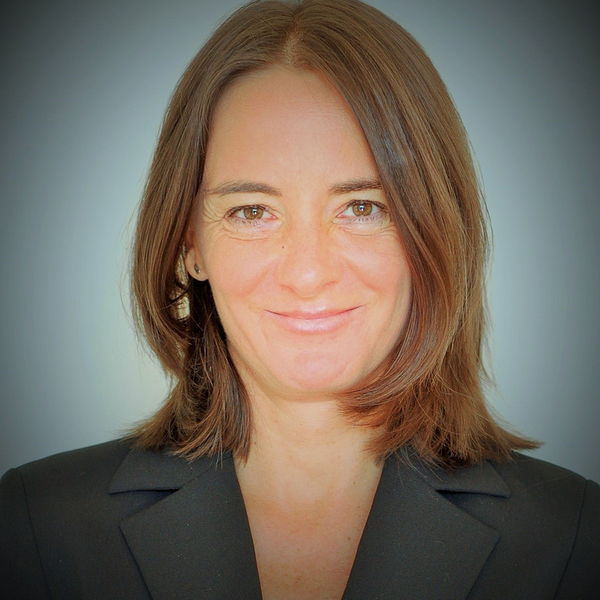History of the Digital Factory
TU Darmstadt
Background
For some years now, the digitization of the factory has once again moved to the center of scientific, economic, political and public discussions about efficient, competitive, humane and socially acceptable work as Industry 4.0, Smart Factory and Cyber Physical Systems (CPS). From a historical perspective, however, the digitization of the factory is not a completely new development, but one that has been going on for many years, accompanied by intense and controversial discourses. Since the 1950s, the possibilities of new information and communication technology for machine technology, planning methods and concepts of work in factories, as well as the challenge for a "post-industrial" work society have often been negotiated.
Examining the digitization of the factory since the 1950s, this project historically situates the current discussion about CPS and the digitization of work environments. Thus, it is shown that the tension between digital technologies, economic models, and the interests of workers is not new. The project aims to contribute to a better understanding of the current digitalization of the world of work.
Research question
The project explores the history of the digital factory. It describes how the factory as an industrial place of work explored and claimed its place in a "post-industrial" society in the second half of the 20th century. First, it asks what political, technical, and economic ideals accompanied the evolution from the division of labor of the 1950s to the holistic production systems of the 1990s. Second, it analyzes the changing knowledge cultures and labor practices. Third, digitization is examined as a challenge for the factory as a production site and working environment.
Approach
The project focuses on the factory as a system and place of work. For this purpose, the technical and organizational concepts as well as their implementations are considered and examined with a cultural-historical approach. Using published sources (e.g. journals, manuals) and archival material (e.g. political documents, reports and funding programs), scientific, political and social discourses are reconstructed.
The focus is on the digitization of the factory in the Federal Republic between 1950 and 2000, whereby the international linkages (especially to the USA) are also taken into account.
Prof. Dr. Martina Heßler
TU Darmstadt
Professur für Technikgeschichte
